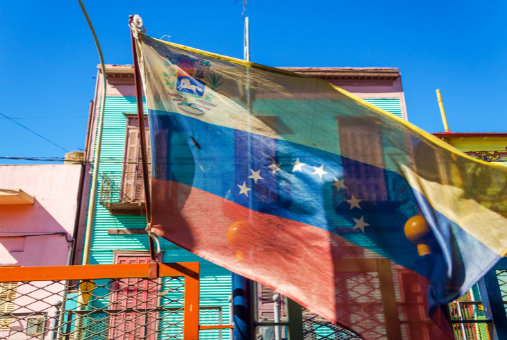
They are part of the 5.4 million refugees and migrants from Venezuela worldwide. But, they are also storytellers, and have found ways to create journalistic projects in their host countries to integrate, train or provide quality information to those who are going through migratory processes.

Ending excuses for not including expert voices of women and non-binary people in journalistic texts from Venezuela is the main objective of the recently launched project Mujeres Referentes, developed by media outlets that make up Alianza Rebelde and Chicas Poderosas Venezuela.
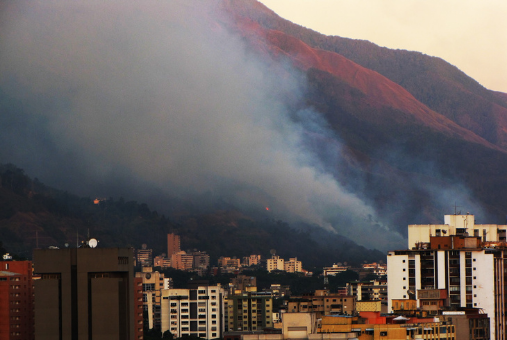
Despite a lack of a monitoring system for public fires in the country, the journalists at Venezuelan digital magazine Prodavinci put together a project mapping two decades of fires in the country's protected areas. They used satellite data from abroad and worked with academics for this data journalism project.
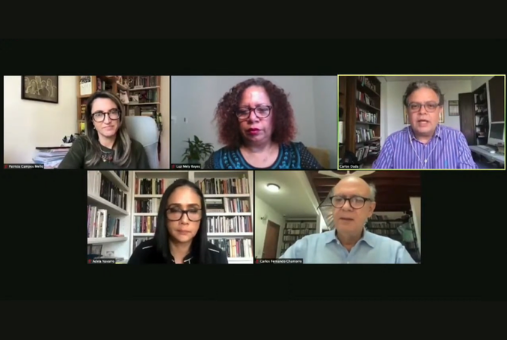
Government harassment against journalists has become a trend in Latin American countries, with leaders often using the strength of state institutions, such as the judiciary and police, to discredit and even silence the press.
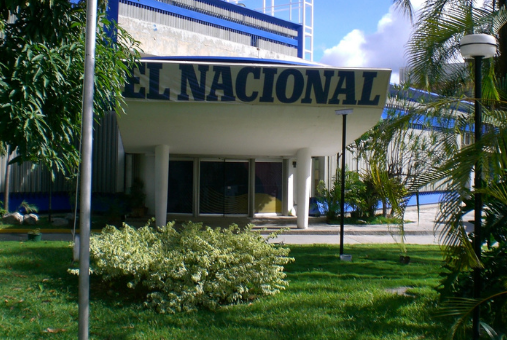
On April 16, a Venezuelan supreme tribunal ordered El Nacional to pay compensation to the vice president of the United Socialist Party of Venezuela (PSUV), Diosdado Cabello, considered the number two of Chavismo, for moral damage and defamation.
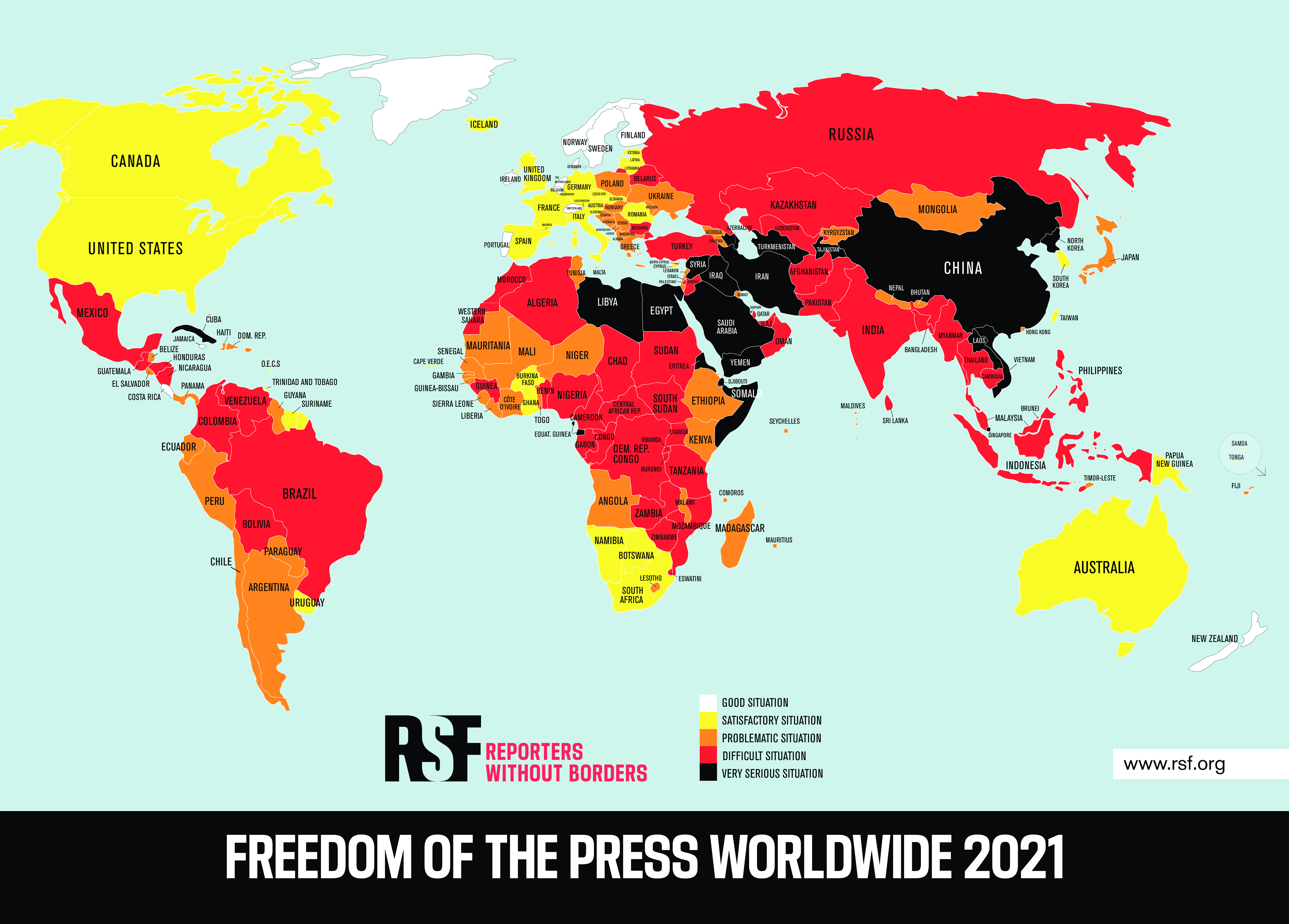
The global press freedom ranking by NGO Reporters Without Borders (RSF) confirmed a perceived trend in Latin America: a general worsening of conditions for the exercise of journalism on the continent. Of the 24 countries in the region analyzed, 19 lost points in the RSF survey.
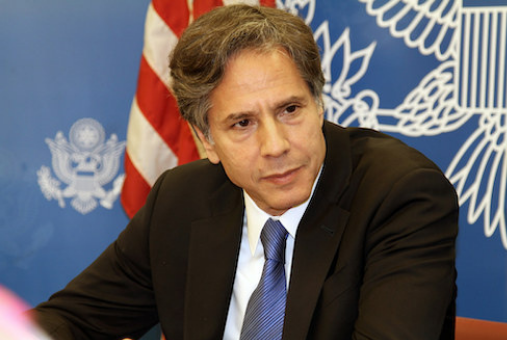
Governments of several Latin American countries have struck back after the U.S. State Department released its report on human rights practices around the world, including comments regarding freedoms of expression and of the press. However, the annual reports, which are now in their 45th edition, are welcomed by press freedom and journalism groups in nations […]
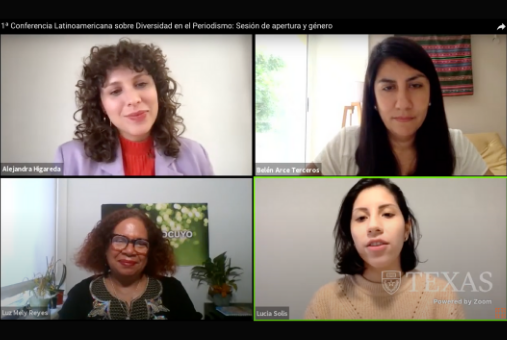
"The world is told through the eyes of man and that will never be objective," said journalist Lucia Solis Reymer, in a panel on gender at the First Latin American Conference on Diversity in Journalism, held completely online from March 26 to 27, 2021.
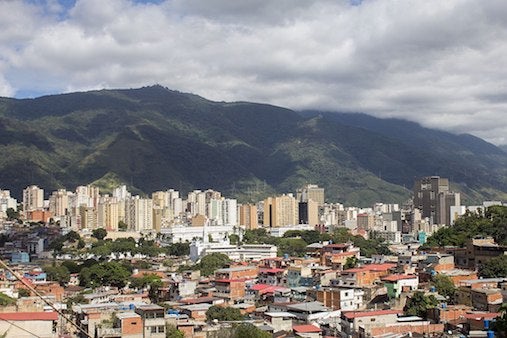
Journalists and experts attributed the increase in attacks to a repressive pattern from the government and to the country's political moment, of the retaking of the National Assembly by those aligned with Chavismo.
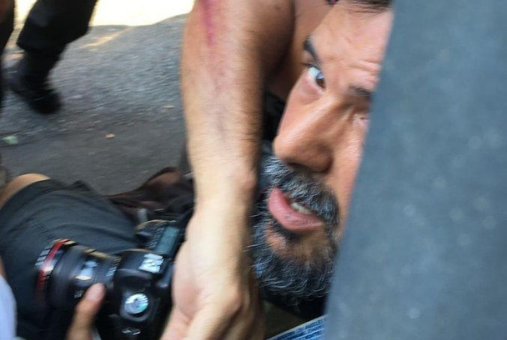
In their mission to document the events, many photojournalists in Latin America suffer attacks or arrests by the police.
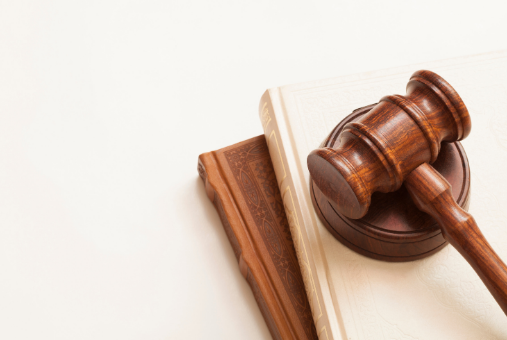
Survey of laws and bills that curb and punish disinformation and fake news on the Internet shows growth in Latin American countries. Experts warn of the risk of censorship and self-censorship of journalists.

For decades, dozens of journalists from Latin America and around the world have taken advantage of fellowship programs at prestigious U.S. universities.